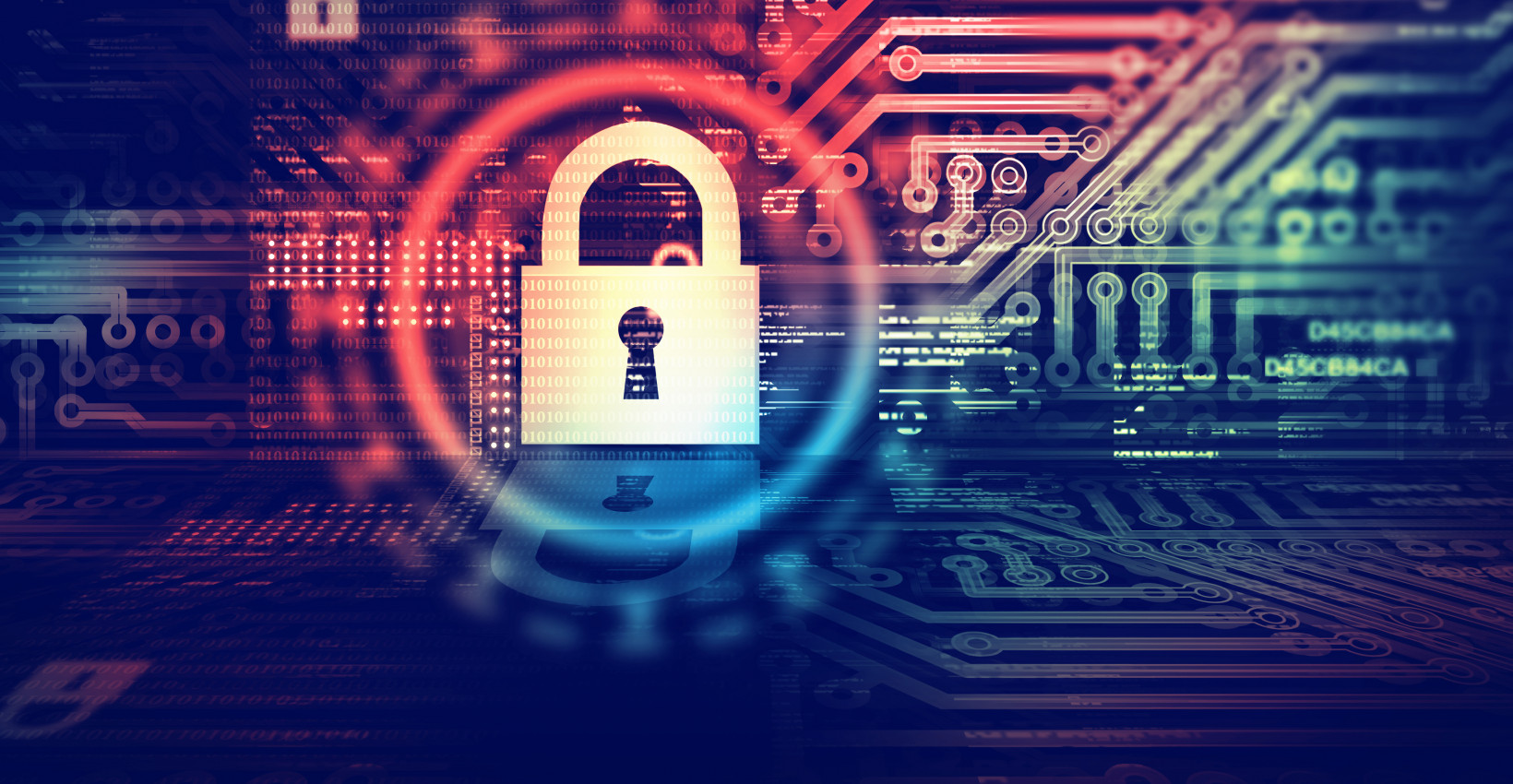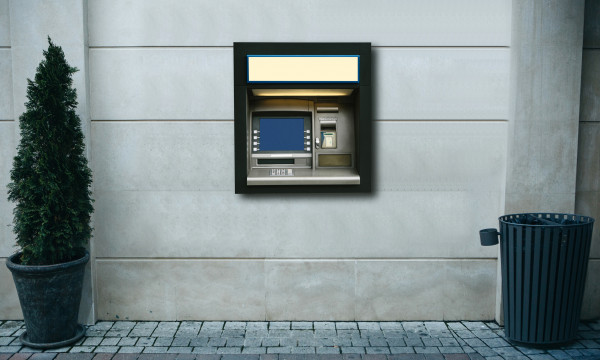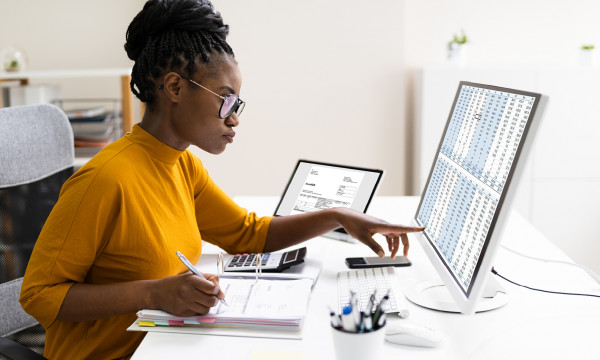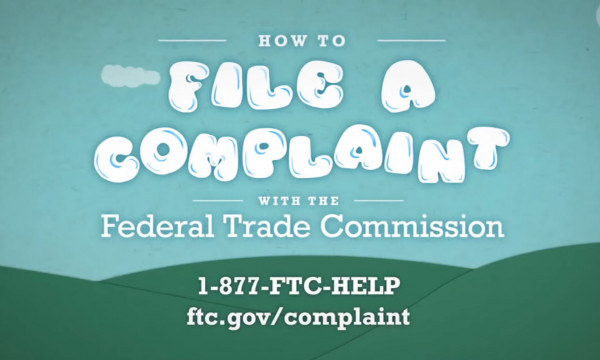Protecting personal information and accounts

No matter the time of year, it’s important to remember to be diligent in checking your bank account and credit card statements to ensure that all transactions and charges are legitimate. This practice is something we tend to pay very careful attention to during the holiday season or when traveling, but often lose sight of during the course of the year. Here are a few tips to help you stay vigilant in protecting your personal information and accounts.
Keep scammers away
- Never give personal information to a stranger who contacts you by phone, email, or other means.
- Don’t accept payments for more than the amount of the service with the understanding that you send the buyer the difference.
- Don’t accept checks from individuals you’ve only met online.
- Don’t accept jobs in which you are paid or received commission for facilitating money transfers through your account.
- No matter how urgent someone claims a deal is, you can always wait for a few days to research and confirm legitimacy. Time is on your side, not the fraudster’s.
- You are ultimately responsible and liable for all deposits made into your account, whether they are a check, money order, transfer, etc.
Protect your personal information
- Carry only necessary identification. Do not carry your Social Security card with you.
- Take steps to reduce the amount of mail you receive that displays personal information.
- Be cautious when providing your Social Security number. It’s OK to ask whether it is needed for the application or transaction.
- Check your credit report annually using annualcreditreport.com.
- Never provide personal information over the phone or internet unless you have initiated the contact and have confirmed the business or person’s identity.
- Avoid leaving any personal information in your car.
- Shred unnecessary documents, especially those containing your personal information.
- Take your outgoing mail to the post office or postal box rather than using street-side mailboxes.
Protect your bank accounts
- Receive your bank and other financial statements electronically (Union Bank & Trust provides free paperless statements).
- Use e-Alerts to monitor various types of account activity. This free service can help alert you to fraudulent activity.
- Use online services (online banking, e-Alerts, etc.) to monitor your bank and credit card accounts regularly.
- Receive your paychecks, dividends, and other reoccurring deposits directly into your account electronically.
- Purchase checks from a reputable company that provides security features within the check stock paper.
- Avoid preprinting personal identifiers on your checks (SSN,DL#, personal phone numbers, etc.).
- Store your checks securely and know who has access to them.
- Report suspicious activity (lost, stolen, or unauthorized use of cards or checks) immediately.
- Avoid writing down, carrying, or sharing your online banking or card PIN with anyone. Memorize it or secure it at home.
- Choose passwords or PINs that are difficult for others to guess by not using personal information within the password, such as address, phone number, SSN, or date of birth. Instead, use random information.




